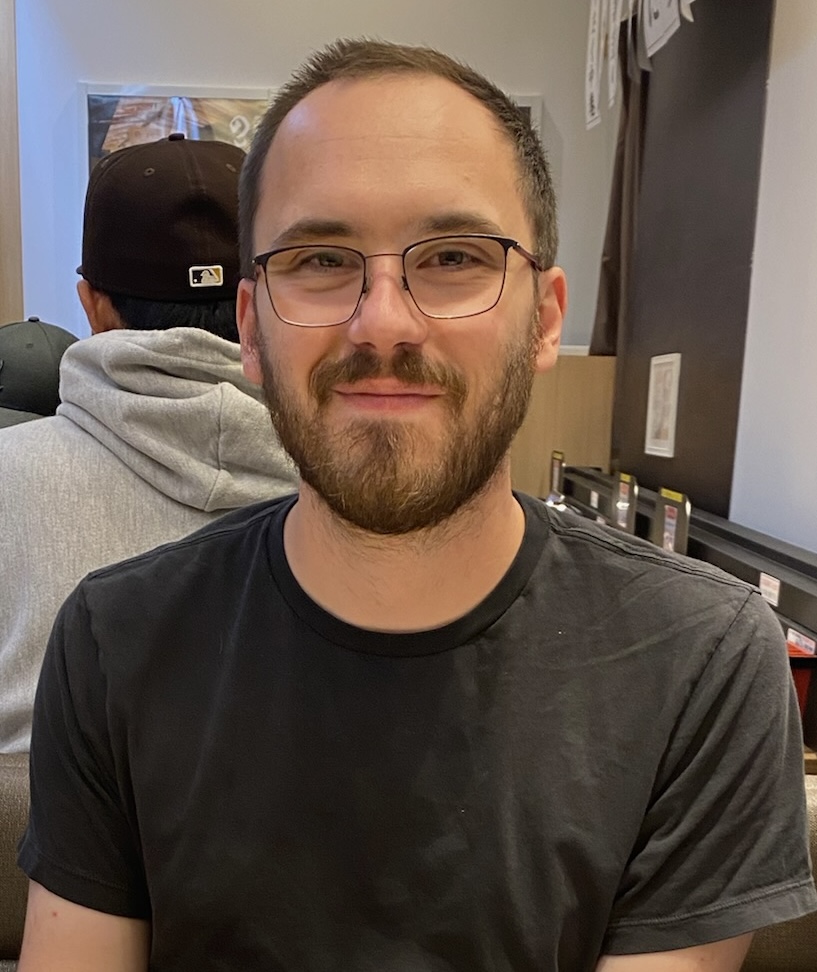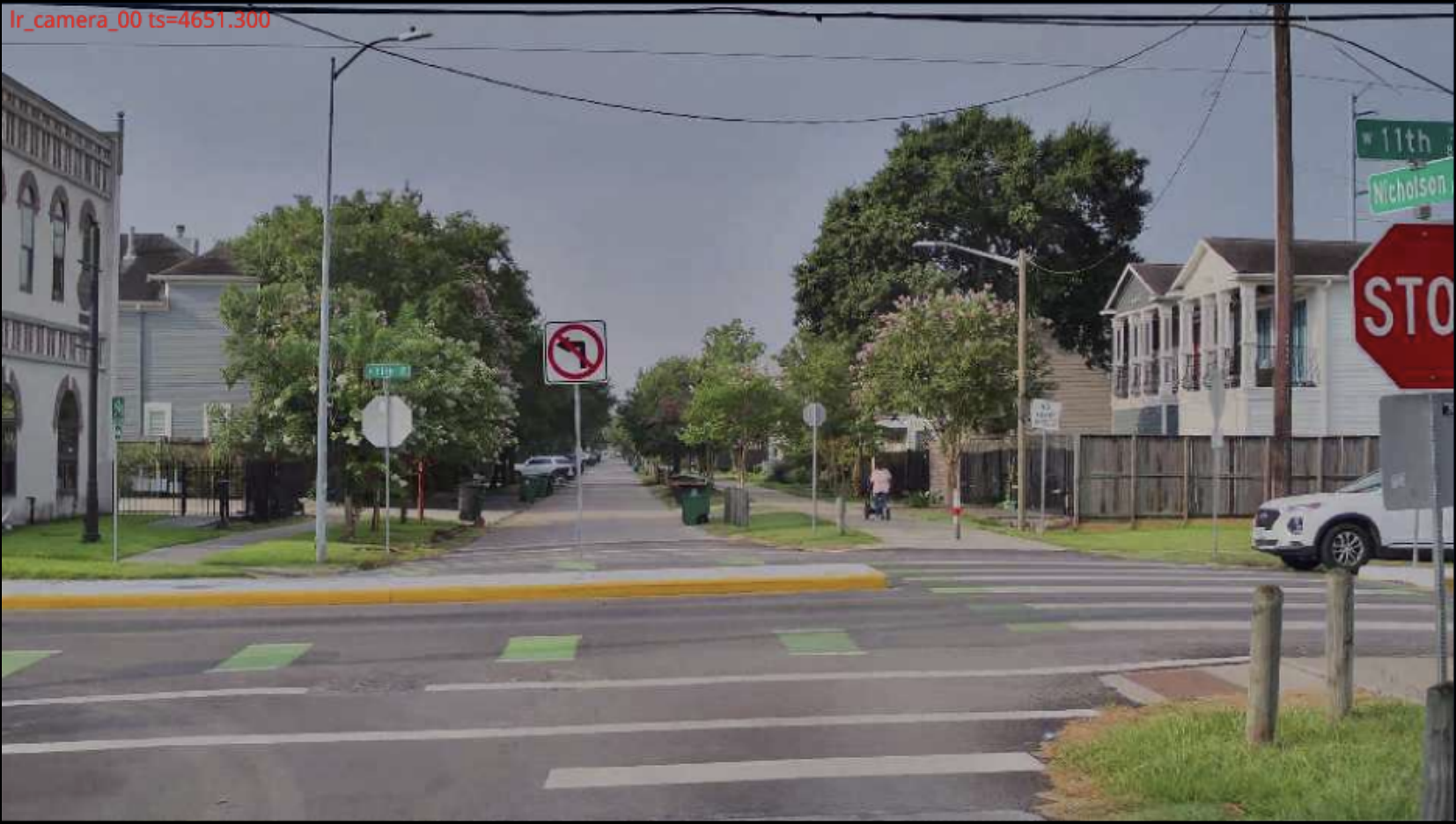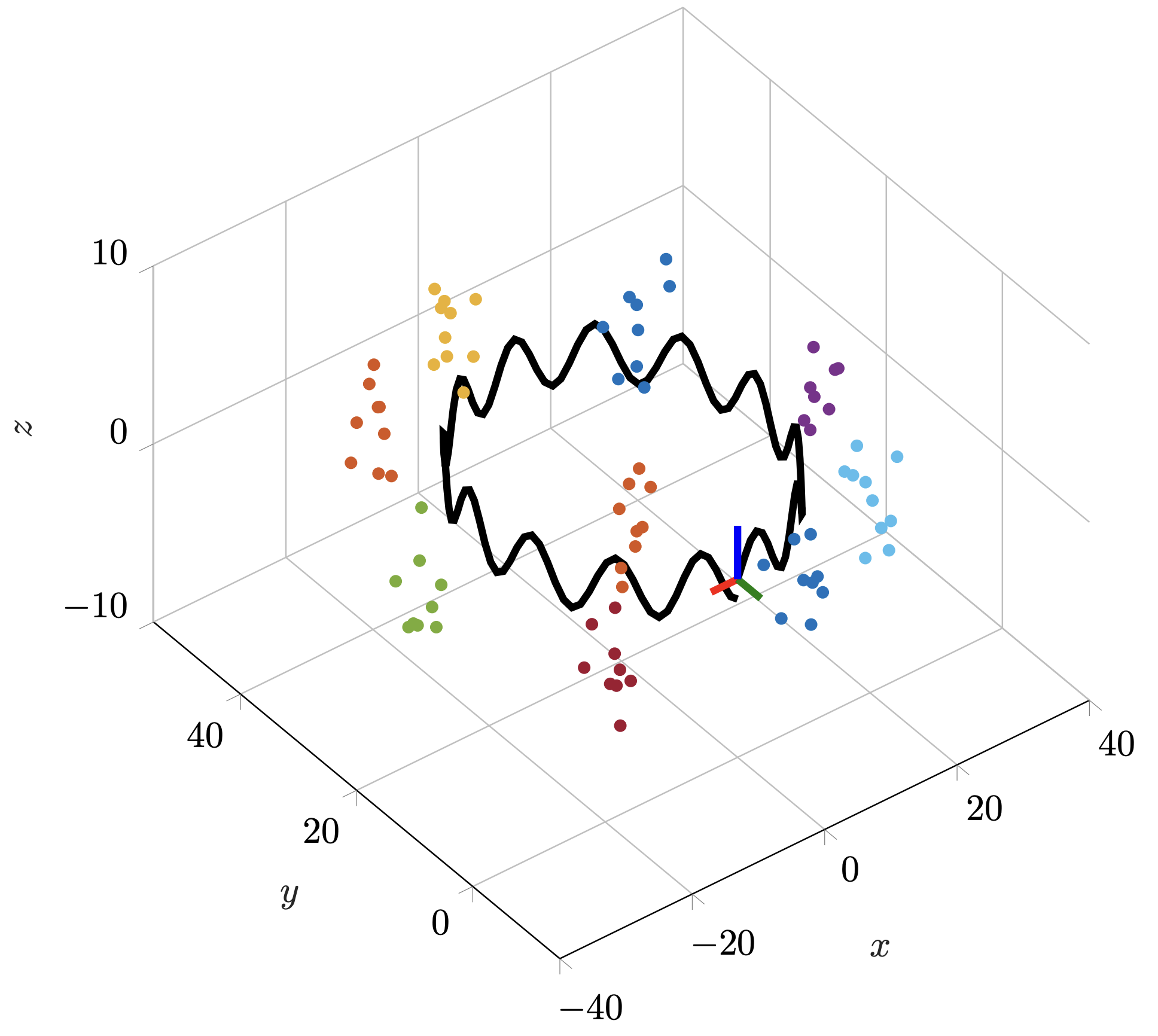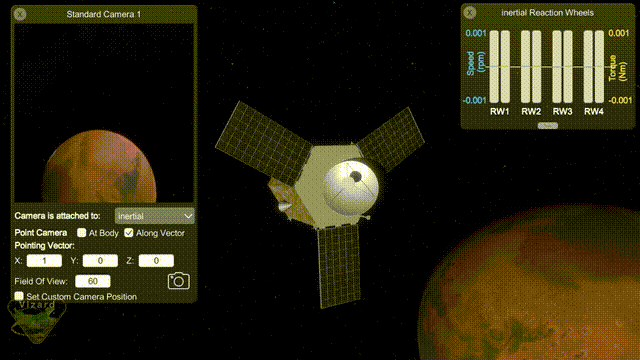Samuel Maxwell Bateman

Senior ML Engineer @ Nuro
2024 NSF CISE Fellowship Awardee
I am a Senior Machine Learning Engineer on the Localization and Mapping team at the autonomous vehicles startup Nuro working on applied research in online mapping and perception foundation models with a number of brilliant colleagues.
Before that, I did my undergrad in Applied Math and Computer Science at CU Boulder where I was a part of the Autonomous Robotics and Perception Group under Dr. Christoffer Heckman and the Autonomous Vehicle Systems Lab under Dr. Hanspeter Schaub.
I tend to have a strong bias for simple, theoretically justified, and elegant solutions in research. Historically I have been broadly interested in problems in optimization, robotics, mathematics, and machine learning, leading me to work on robotics problems in perception, online mapping, 3D reconstruction, nonlinear optimization, sensor modeling, SLAM, map change detection, orbit determination, and synthetic simulation in academic and industrial settings.
Over time, my research vision has broadly coalesced towards ideas around a central line of questioning: Why does a human need only 50 hours of instruction (at least 10 at night) for us to feel confident in giving someone a drivers license? Perhaps this is actually a risky decision given the significant overrepresentation of young drivers in crashes per mile, but even so, on average a 18 year old who has been driving for 2 years has only driven ~15k miles on average and has already halved their accident rate on average.
Whats interesting is that driving is considered a relatively challenging task for humans, many manipulation skills can be acquired much faster. A prep cook for a chain restaurant can be trained on the whole prep for a kitchen in a couple hours and be left largely unobserved with only occasional instruction to become moderately proficient in roughly a week. Only the most dexterous and skilled tasks like playing ping pong or making sushi take a long time to acquire for humans, and are largely impossible for robots unless purpose built for the task.
So why are robots so terrible at all these tasks the majority of humans learn relatively quickly, and why does it take them so long to become proficient?
Generally, I think there are many lines of research that will contribute to solving these general “embodied AI” robotics learning problems, but the key ones I am thinking about and aim to study are sample efficient imitation learning+reinforcement learning, perception foundation models, generative world models, and uncertainty quantification.
To that end, I am looking for academic labs that are interested in similar topics to pursue a PhD with the support of my NSF CISE Fellowship. Please feel free to reach out if you think I may be a good fit for your lab.
news
| Jun 17, 2024 | I presented a paper at CVPR 2024 Workshop on Autonomous Driving. |
|---|---|
| Apr 15, 2024 | I was promoted to senior ML engineer |
| Dec 01, 2022 | I switched to working on machine learning models full time on Nuro’s Context Map Team |
| Oct 25, 2020 | I presented a paper at IROS 2020 |
| Jun 17, 2020 | I started working on the Localization and Mapping team at Nuro! |



